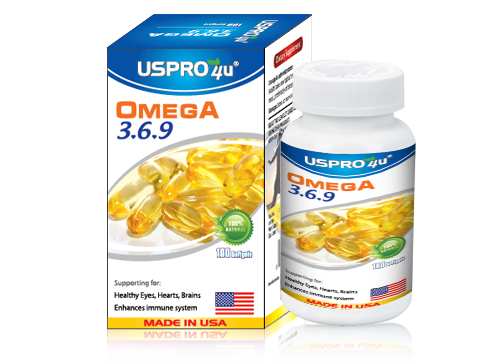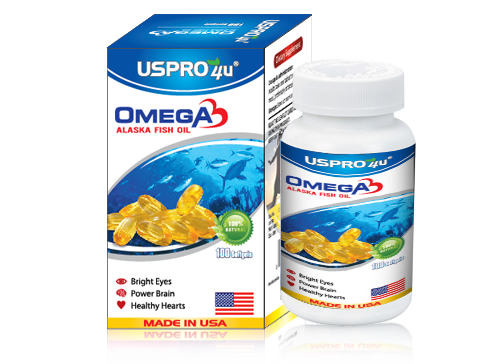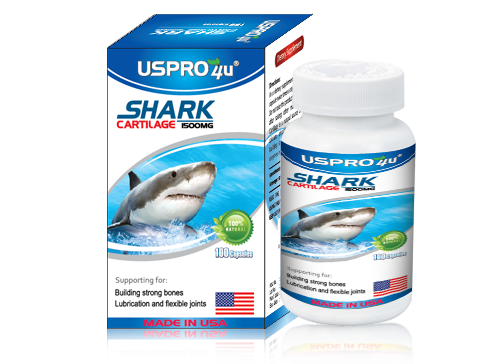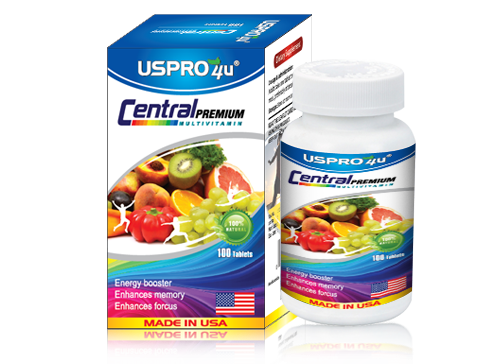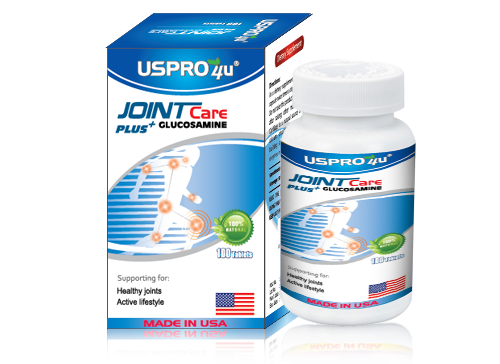Nutrition for pregnant women
Nutrition for pregnant women have a very important role not only help ensure the health of the mother during pregnancy, child birth and after birth, but also provide sufficient nutrients to ensure good fetal development and prevent some disabilities.
Pregnant women have to change anything related to nutrition
During pregnancy, a woman's body changes on most agencies, including changes related to nutrition, such as:
Demand for energy and other nutrients are added
Absorption in the intestine increased
Metabolism decreased
There may be some discomfort due to hormonal changes in the body such as anorexia (one or more dishes), nausea, vomiting, heartburn and constipation.
These changes will more or less affect the weight gain of pregnancy.
Additional vitamins needed for the body through food or supplements:
Calcium: pregnant women need to add 1000 mg of calcium per day, choose foods high in calcium such as milk, eggs, cream, yogurt ...
Folic acid: has a very important role for the nervous system of the child, found in animal liver, dark green vegetables, cauliflower, beans ...
Iron: engaged in the process of blood to transport oxygen. Chicken pig iron is found in liver, egg yolk, beef (or other red meat), fruits and vegetables such as beans ...
Vitamins: Vitamin A, C, D, K are essential for pregnant women and the fetus. Need to be supplemented by natural foods every day.
In addition, pregnant women can use dietary supplements, multi-vitamin to supplement the nutrients for the body. Need to use appropriate doses and with the guidance of a doctor.
Nutritional needs for pregnant women like?
Nutritional needs for pregnant women compared to non-pregnant time is compared in the following table:
- A baby needs a lot of protein to grow and accumulate protein.
- Increased amount of protein recommended by the National Institute of Nutrition is 15g per day.
- Good source of protein for pregnant women in most everyday foods such as meat, fish, eggs, milk, cheese, cereals and legumes, etc.
- Pregnant women should also be provided with a sufficient number of essential amino acids (histidine, isoleucine, leucine, Lysine, Methionine, Phenylalanine, Threonine, Tryptophan and Valine) in their daily diet because the body can not synthesize this amino acid.
Thus, increased protein is needed to maintain a successful pregnancy
Iron:
- Iron deficiency anemia is very common in pregnant women (from 30-35%).
- Expression of iron-deficiency anemia are pale skin, mucous membranes pale, pasty, work fatigue and good sleep.
- The consequences of iron deficiency anemia in pregnancy is: poor pregnancy outcome (mother not achieve rounded square), low birth weight, high incidence of infections in both mother and baby.
- Iron is the only micronutrient World Health Organization recommends supplements for pregnant women, each day from 30 to 60 mg of iron supplements. Additional time extending from when the pregnancy until after the birth of one month. Should be taking iron supplements between meals and drinks are not as milk, tea, coffee.
- The iron-rich foods include: meats, blood, eggs, liver, heart, dark green leafy vegetables. Iron in animal foods are easily absorbed than iron in plant foods.
Folic acid (vitamin B9):
- Folic acid plays an important role in cell division: they participate in the process of creating red blood cells and plays a crucial role in the completion of fetal neural tube.
- The effect of folic acid deficiency are neural tube defects caused countless pregnancy, herniated brain, meninges, cleft vertebrae and spine bifida.
- Because fetal neural tube is formed during the first four weeks of pregnancy, so the addition of folic acid must be taken since the intention of pregnancy until the end of the third month of pregnancy. The world's research shows that folic acid supplementation reduces from 50 to 70% of the defects caused by neural tube defects.
- Additional dose is from 0.4 to 0.8 mg per day.
- Foods rich in folic acid are beef, liver, sprouts, greens, beets, broccoli, soybeans, etc.
Note: folic acid susceptible to destruction by heat and sunlight.
DHA supplementation during pregnancy make baby more sturdy
Additional pregnancy DHA can help strengthen your baby's immune system and help your child cope with colds, a study just published in the journal Pediatrics (Pediatrics) said.
The team randomly assigned almost 1,000 Mexican women into two groups, one receiving a daily DHA supplements and a placebo (pill has no effect) starting from the fourth month onwards until at birth.
By Xinhuanet, at 3 time points are considered, caught cold time of the children whose mothers used DHA seems shorter than the other groups of children. And at one month of age, the child DHA ratio colds less than 24%.
A month later, when checking the baby, the researchers found that 38% of children whose mothers DHA had a cold in the previous 15 days, compared with 45% in babies born to women taking placebo. This distance is maintained when the baby is 3 months old: 38 and 44%.
Shortened the distance between the two groups of children in the following months, but at 6 months of age, infants DHA still have symptoms runny nose, fever and difficulty breathing much shorter compared to the placebo group.
Previous studies have shown that DHA supplementation may improve respiratory health and overall immune function in infants and young children, but this is the second study showed that the contact with DHA in the womb also have the same effect.
DHA is a polyunsaturated fatty acid necessary for the perfection of the nervous system, especially visual. DHA is found in fish oil, fish and seafood. Omega-3 fatty acid group in these foods also protect the body against heart disease, stroke and reduces arthritis.
Complete food nutrition uspro4u not contain toxic chemicals
That is why the perfect of prenatal Uspro4u multi vitamin is distributed in certified organic, whole food probiotic complex - bursting with phytonutrients of your body recognize and accept accepted as real pham.Ban really want to nurture yourself and your baby with isolated synthetic chemicals?
Prenatal Vitamin
Pregnant women have very sensitive GI areas. In fact, the fear of nausea even make some pregnant women hesitate to have more vitamins, especially on an empty stomach. Not to worry if you are having problems vomiting during pregnancy. Products for prenatal women contain the nutrients you need in the form of a food complex your body can easily recognize and appealing practical thu.Trong, you can even perfect prenatal multi-vitamin on an empty stomach due to symptoms of pregnancy cause nausea, loss of appetite ...
Naturally pure fish oil rich in omega3
Find a fish oil rich in omega fatty acids is a great way to support a healthy pregnancy and fetal development. While there are many "pure" fish oils on the shelves today, emerging research shows that all the omegas found in fish oil pure natural as of Uspro 4u product contains pure fish oil does not contain the toxic to the fetus, such as Hg and play an important role in the supply of DHA is important for your baby's development. * And according to the American Heart Association, salmon have more omega-3 fatty acids than any of America's top 10 favorite seafood. - One of the many reasons the product for pregnant women prenatal fish oil is booming with 100% natural pure wild Alaskan salmon oil.
Natural protection against fatigue and stress
Every pregnant woman knows fatigue and stress all too well. That is why the perfect of prenatal Uspro4U multi vitamin with high absorption capacity assessment fruits including blackberry, blueberry, raspberry, prunes and raisins antioxidant concentration. The fruit is found in prenatal perfect along with 14 additional vegetables, herbs and superfood concentrate, promote vitality and cell protection Perfect Prenatal stress also provides 13 balanced and the free radical scavenging herbs farming for maximum efficiency.
Natural defense against nausea
Certain foods and herbs, mixed professional and fully focused, can help protect against nausea. For example, ginger and honey - professional mixed in Uspro4u products containing honey - clinically shown to reduce nausea associated with pregnancy safely. We invite you to explore the natural, gentle, perfect whole food nutrition prenatal vitamins.
* This study included 26 human subjects, the results may be different if the object was involved.

 The understanding of group health | Nutritional differences between Uspro4U
The understanding of group health | Nutritional differences between Uspro4U














